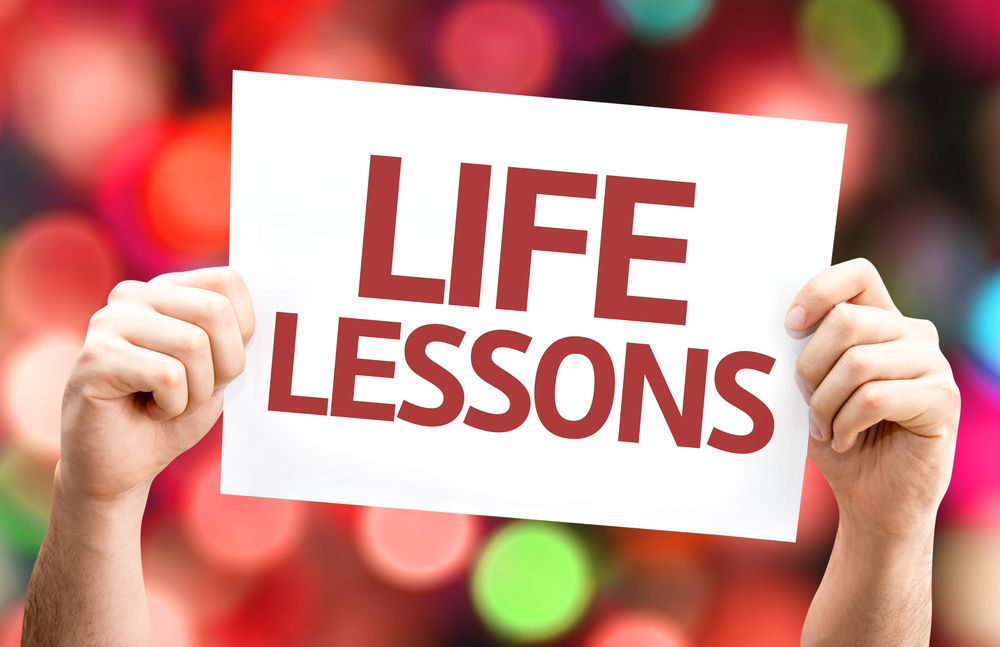
The meaning of life is something you develop day after day with your own thoughts and actions. Always asking what you could absorb, and how you could move forward, and stop yourself from blaming other humans if things aren’t the pathway you would love them to be. What living in life to the fullest looks like is up to you. Here are some steps to get you begun.
Finding Yourself
Recognizing that life chain is a good journey, not the destination. This saying is a cliché, but it’s true: life is as much about how you get where you are going as where you go. Don’t get irritated if it takes you a while to grasp some things, or if you are experiencing setbacks. This is a natural chunk of life.
Be honest with others and yourself. Dishonesty saps away happiness and energy. When we are not honest with ourselves, we hold ourselves back from progress and learning. When we are not honest with others, we damage intimacy and trust.
Learning to accept yourself. All too often, we spend a lot of time looking at what we do not like about ourselves, what we would love to change, what we think must be different. Spending all the time focused on what you do not like or what occured in the past signifies that you are not able to aim on the future. Making an aware decision to grasp to loving yourself, just as you were.
Determining the values.
Your core values are the beliefs that shaped who you are and how you live life. They might be spiritual beliefs or simply deep way-held beliefs that are significant to you. Reflecting on the values would support you setting goals for yourself that are value-congruent, meaning in line with the values. You are much more likely to feel happy and fulfilled when you are living as per with the values.
Challenge false self-talk. Somedays, society confounds self-criticism with supporting yourself. However, studies show that the more critical and hostile you are of yourself, the more likely you are to have similar manners towards others. False self-criticism and self-talk do not support you becoming a better human or attain your goals. Trying self-compassion and self-kindness instead.
Embracing flexibility.
One of the reasons we become irritated is that we expect stuff to stay the same. However, life is full of changes. Opening yourself to the processes of progress and change, and grasp to adapt to the newest challenges and situations that occur.
Care for the body. Chunk of living life to the full core is taking care. You only get one; make certain it’s able to carry you through the life of learning and adventure.
Learning mindfulness. Absorbing mindfulness could support living your life to the fullest by keeping the aim on what is occuring in the present moment. Mindfulness is rooted in Buddhist traditions and ignores judgment of the experiences; instead, it encourages you to accept them just as they were.
Stop shoulding yourself.
This is the method coined by the psychologist. It refers to individuals’ tendency to tell ourselves that we “suppose to” do something, even if it does not fit with our values or goals. Should statements could cause a lot of disquiet and misery. Eliminating them from life could support you living in a more complete way.
Following Your Path
Pushing yourself out of your comfort zone. Study has consistently shown that humans wanted to push themselves beyond their comfort zones to perform at their best. This is signified as embracing optimal anxiety. It turns out that the more you’re keen to challenge yourself, the more comforty you would become with new experiences.
Be realistic. Set attainable goals as per the talents and abilities. Considering every effort to be the attainment. Achieving one step before the other towards security and stability.
Embracing vulnerability.
You go after what you require. You are making decisions that have consequences. And sometimes, these things don’t go the way you’d hoped. Embracing vulnerability, the possibility that stuff would go differently than we had planned, is important to experience life in an honest, full, and open way.
Looking for grasping opportunities. Be present and active in it. Always considering what you could grasp from whatever circumstance you encountered. This would support you to ignore stress over challenges and would keep you focused on moving forward, not looking back.
Practicing an attitude of gratitude. Gratitude isn’t just an emotion; it’s a manner of life that needs active practice. Study has shown that practicing gratitude makes you feel more positive, healthier, and happier. Gratitude could support you to overcome past trauma and strengthen relationships with others.
